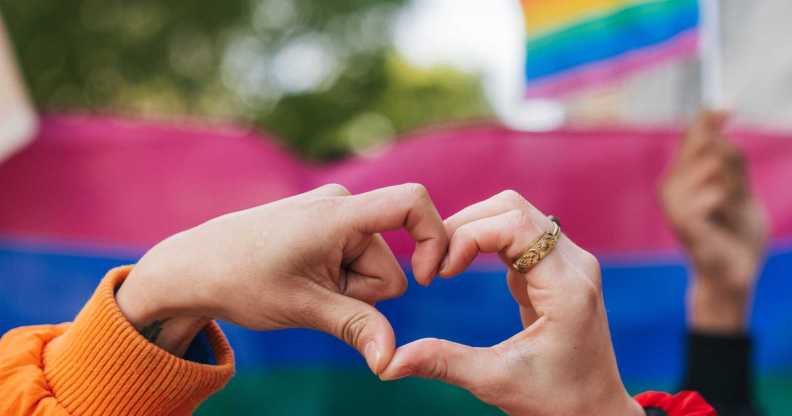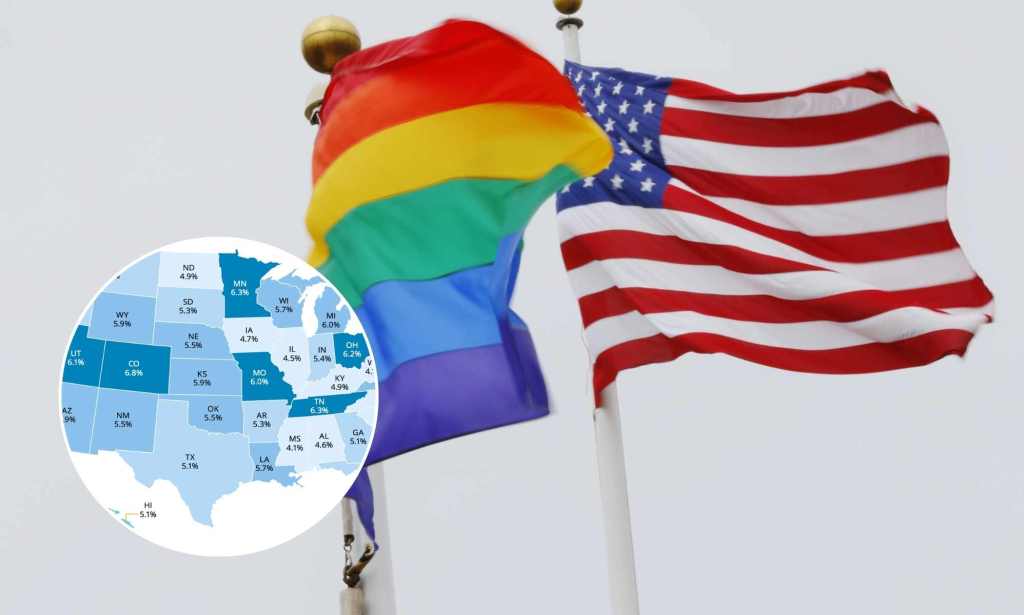Percentage of US adults identifying as LGBTQ+ more than doubles since 2012, survey finds

In the US more than one in five Gen Z adults identify as LGBTQ+, a survey has found. (Getty/Leo Patrizi)
The proportion of US adults identifying as LGBTQ+ has more than doubled since 2012, a new survey has found.
Research by Gallup, a Washington-based company that provides analytics and management consulting to organisations globally, found that 7.6 per cent of Americans as a whole identified as LGBTQ+.
The figure is up from 5.6 per cent four years ago and from 3.5 per cent the first time it was measured in 2012. The new survey was based on telephone interviews with more than 12,000 Americans aged 18 and older across all 50 US states and the District of Columbia.
Within the LGBTQ+ population, bisexuals were found to make up the largest proportion, followed by gay people and lesbians.
The survey also found that younger generations were twice as likely to identify as LGBTQ+, with more than one in five Gen Z adults and nearly one in 10 Millennials identifying as such.
Generation Z adults ranged 18 to 26 in 2023, while the Millennials who participated were aged between 27 to 42.
Women were also found to be nearly twice as likely as men to identify as LGBTQ+.

The survey states that “the percentage of US adults who consider themselves something other than heterosexual has more than doubled since Gallup first asked about sexual orientation and transgender identity in 2012.
“If current trends continue, it is likely that the proportion of LGBTQ+ identifiers will exceed 10 per cent of US adults at some point within the next three decades.”
In 2023, a number of new studies found that Gen Z are increasingly rejecting binary labels like “gay” and “lesbian” in favour of more fluid labels like “queer”.
A study by Business Insider and YouGov found that one per cent of Gen Z (aged between 18 and 26) identified as queer, compared to one per cent of Gen X and Millennials.
The research followed several studies, including the UK census, which has found that more young people are out as LGBTQ+ than any other generation, with 6.91 per cent of young people in the UK identifying as lesbian, gay, or bisexual.
How did this story make you feel?

